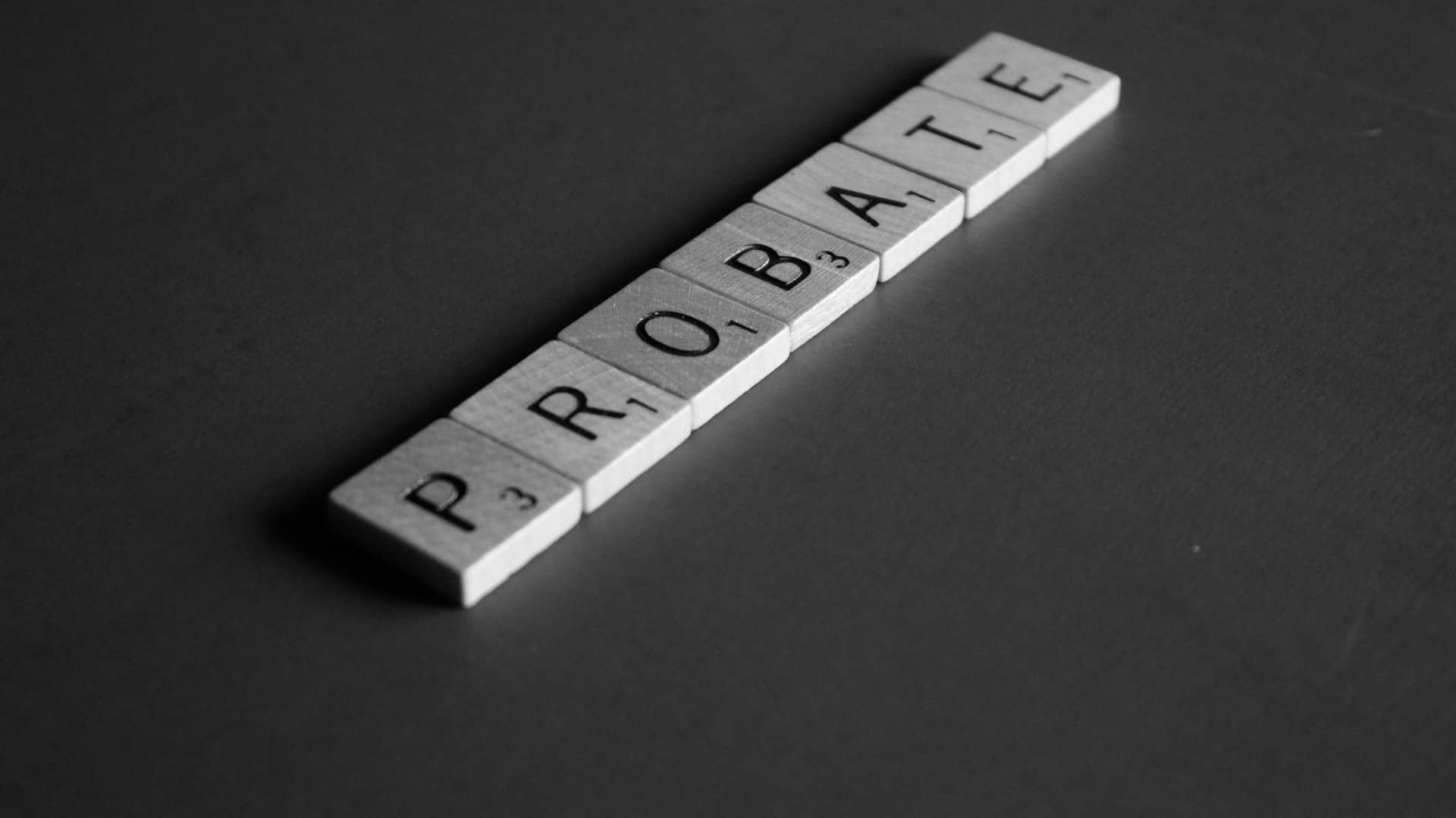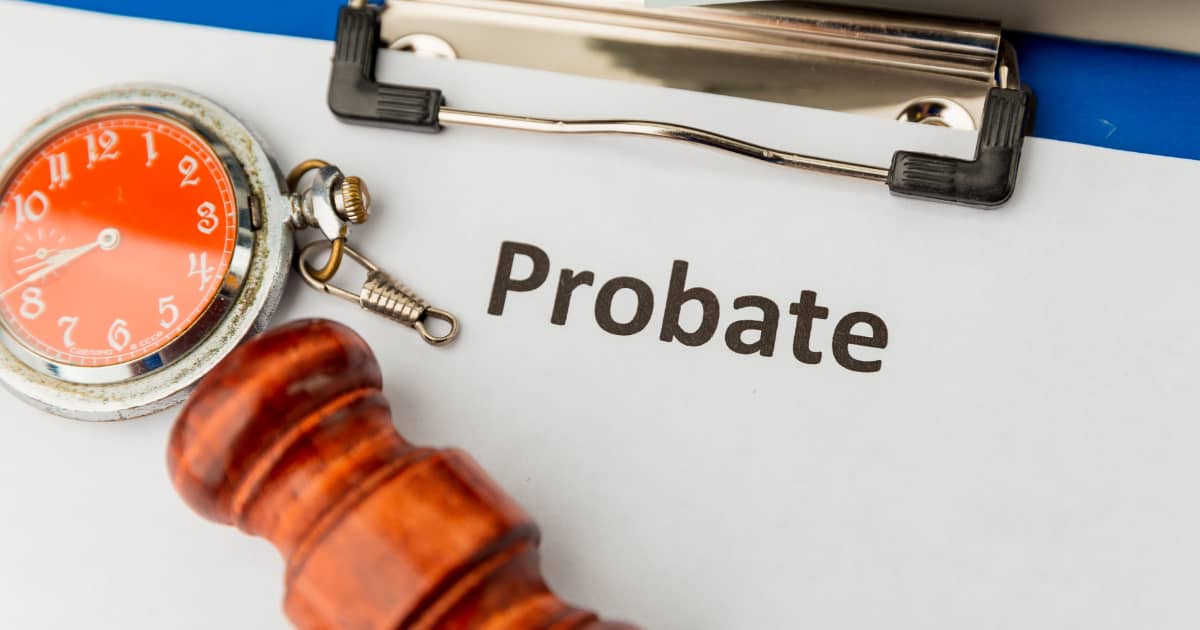
In order to make a guardianship proceeding expedient and effective, the process must be carefully prepared. The purpose of Article 81 is to limit the interference with the life of the AIP. Therefore, the judicial system must make all appointees from the appropriate list. However, the court must exercise discretion in selecting these individuals. There is no specific order in which these individuals must be selected. In general, a Court should appoint a Guardian who is both competent and experienced.
Before an Article 81 Guardianship proceeding can begin, the AIP must be informed of her right to representation and waive appointment of counsel. The court must also ensure confidentiality of the AIP’s personal information. The Court will need to consider the size and font of the Order to Show Cause and the Petition. Both documents should be double-spaced and in size twelve font. Examples of proper formatting can be found in the Exhibits. An online format is also available.
The AIP must be a resident of the state in which the petitioner lives. Article 81 outlines the procedures to petition the court for a guardianship. A petition must contain specific factual allegations about the AIP’s incapacity. The petitioner can seek guardianship over a person, their property, or both. The Court will sign a proposed Order to Show Cause and appoint a court evaluator.
A judge may appoint a lay or corporate guardian. The court may also appoint a public agency to serve as a guardian. Article 81 guardians are generally family members or close friends of the IP. Judges usually prefer lay guardians over corporate guardians, but may look to Part 36 lists when appointing one. If there are no family members or friends of the IP, the court may appoint a professional.
An Article 81 guardianship proceeding is a special court proceeding that is filed by a family member on behalf of a loved one. It is necessary in cases where the adult concerned lacks the legal capacity to draft a HealthCare Proxy or NY Power of Attorney. An attorney can help with this process. During the guardianship process, the court will appoint a court-appointed Court Evaluator to investigate the allegations made in the petition.
In an Article 81 guardianship proceeding, a Court evaluator is appointed to interview the AIP and determine if a guardianship is required. The court evaluator will also interview the potential guardian and other parties who may be able to provide pertinent information. Once all of the above is done, the Court appoints the guardian. The court must consider the interests of the AIP when determining which guardian is the best choice for the AIP.
An attorney should encourage clients to sign a broad power of attorney and designate an alternate agent. Additionally, the health care proxy should name an agent or alternate successor agent. Failure to properly counsel a client or store multiple copies of documents may open a lawyer to criticism. An Article 81 proceeding is often expensive and time-consuming. Regardless of the legal process involved, it is essential that the guardian has a clear idea of what to expect.
Article 81 guardianships are incredibly important in the case of an incompetent person. A court evaluator can provide a report to the court expressing their opinion about whether the person should be guarded. During the hearing, anyone who has filed opposition papers should have their say as well. After the hearing, the court will render its decision. After the hearing, the guardian should be appointed and the person who seeks the appointment must be fully informed.
In some cases, an incapacitated person may be physically abused by family members or acquaintances. When this occurs, a guardian may be able to take action to stop the abuse. These measures may include granting an order of protection or giving the guardian the authority to seek one. A guardian must also have appropriate powers and authority. In such cases, a court may appoint an independent guardian if the guardian is unable to get the bond.





